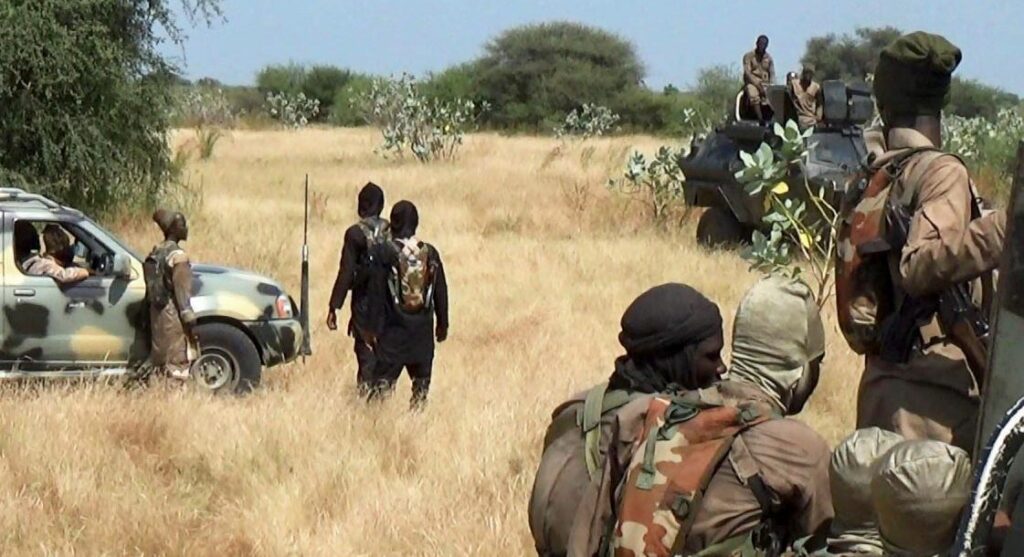
State television reported on Tuesday that in Niger’s isolated southwest region, suspected armed militants have killed 12 soldiers in the most recent attack following the seizure of power by army officers last month.
On Sunday evening, an anti-jihadist operation carried out by national guards was subjected to an ambush at the location of Anzourou in the Tillaberi region, reported Tele Sahel.
It added that the troops’ “response… led to heavy losses being inflicted on the enemy.”
The soldiers have already been laid to rest in a ceremony overseen by the province’s military governor, Lieutenant-Colonel Maina Boucar, according to the report.
Authorities have confirmed that at least 17 soldiers lost their lives on August 15 in the vicinity of Koutougou, situated in Tillaberi.
Twenty additional soldiers sustained injuries, while over 100 of the attackers were reportedly “neutralized” while withdrawing on motorcycles, according to their account.
The West African regional organization ECOWAS has warned of the possibility of employing force to restore the democratically elected president of Niger, Mohamed Bazoum, who was apprehended by guards on July 26.
On Tuesday, the African Union announced the suspension of Niger until the reinstatement of civilian rule and stated its intention to evaluate the consequences of any potential armed intervention.
The new leadership in Niger rationalized their coup by citing their perception of deteriorating security during Bazoum’s tenure.
For over a decade, insurgents have plagued the Sahel region in West Africa, originating in northern Mali in 2012 before expanding to neighboring Niger and Burkina Faso in 2015.
However, based on a tally compiled by an independent monitoring entity, attacks in Niger decreased during the initial six months of this year.
During the initial half of 2023, there was a 49 percent decline in attacks on civilians compared to the same period in 2022. Additionally, the number of fatalities decreased by 16 percent, as reported by the Armed Conflict Location & Event Data (ACLED) project.
